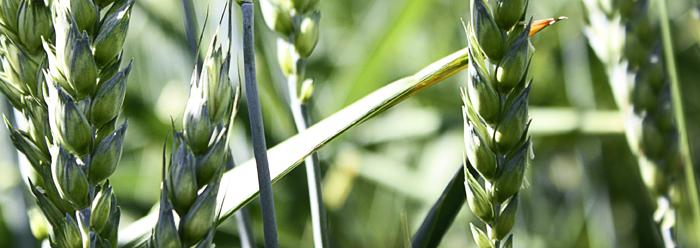
Sustainable Biofuels
Biofuels are required to meet two pieces of legally binding EU legislation.
EU Renewable Energy Directive
The Renewable Energy Directive (RED) is to help further the use of biofuels and other renewable fuels for transportation.
The RED mandates EU Member States to meet 10 % of surface transport energy from renewable sources by 2020. Rail electrification and electric vehicles may make a contribution to the RED, but according to FAO, biofuels are expected to make up the majority of the effort.
Biofuels will only count towards the RED targets if they meet specified sustainability criteria. These include meeting a minimum threshold in GHG savings compared to fossil fuels of 35 % by 2013. In January 2017, the minimum threshold is raised to 50 % for existing biorefineries, and in 2018 all new biorefineries must meet a minimum threshold in GHG savings of 60 %.
Bioethanol from Hveiti will have a 70 % GHG reduction capacity.
EU Fuel Quality Directive
The Fuel Quality Directive (FQD) mandates transport fuel suppliers to meet a 6 % reduction in carbon intensity of road transport fuels by 2020.
Analysis by fuel suppliers suggest that little if any of the target can be met by improvements in the production of fossil fuels, why it is expected that biofuels will provide the full 6 % GHG emission reduction (FAO, 2012).
In the RED, biofuels from certain types of biomass are allowed double counting. This is, however, not allowed in the FQD, why the easiest way for suppliers to achieve the 6 % reduction target is through the use of biofuels with as high a reduction capacity as possible.
EU Member States have developed National Renewable Energy Action Plans (NREAPs) with estimates of how they intend to meet the RED targets, but not how they intend that fuel suppliers will meet the FQD targets.

17 October 2012, the European Commission launched a draft proposal amending the RED and FQD, in which it is proposed that biofuels will have to account for indirect land-use change emissions (known as ILUC).
Throughout 2013 the draft proposal was debated in the Parliament and the Council. In December 2013 it became clear that the member states would not be able to reach an agreement before the Parliament election in May 2014, and the proposal was officially rejected.
Follow the developments within biorefining. hveiti regularly informs about our efforts to improve the environment.




